The Inter-Religious Council of Kenya (IRCK) in collaboration with Walk Free and Global Freedom Network (GFN) on Tuesday, July 11 launched a comprehensive guide for faith leaders to equip them with effective strategies to advocate against the alarming practices of child and forced marriage.
This is in line with the 2030 Agenda of Sustainable Development where countries have committed to eliminating forced and child marriage by 2030.
The development of the guide involved extensive collaboration and consultation with Kenyan theologians and faith leaders, ensuring its authenticity and relevance.
It incorporates key advocacy messages rooted in the teachings of Christianity, Hinduism, and Islam, serving as a powerful tool to bolster faith leaders' advocacy efforts. These messages provide a solid foundation for faith leaders to advocate effectively within their respective communities.
Speaking during the launch, IRCK Chairman Rev. Fr. Joseph Mutie noted that many countries continue to practice child and forced marriage adding that it will require a concerted effort to end the practice.
Read More
“Many communities continue to practice child and forced marriage in Kenya, despite the negative social and health outcomes it causes, including persistent poverty and inequality. Not only is the practice unlawful – it is not consistent with our religious beliefs," Mr. Mutie stated.
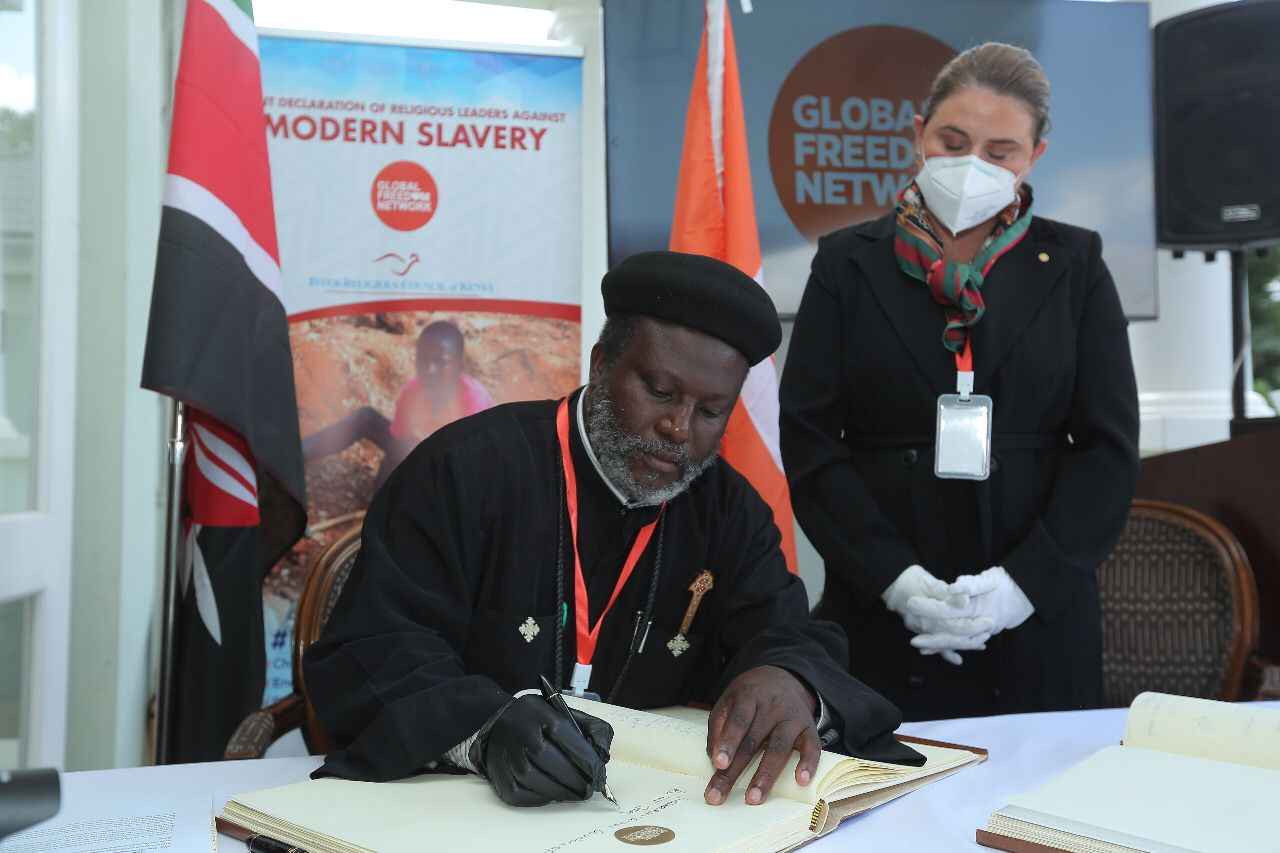
The launched material, “Kenyan advocacy on child and forced marriage: A guide for faith leaders” provides practical guidance to equip faith leaders to advocate for strengthening the national response to forced marriage in Kenya.
Interfaith youth leaders through an intense social media campaign are using their different digital and social media platforms to tackle this complex social issue by raising awareness, influencing and transforming attitudes to engender lasting positive change.
It's estimated that 269,000 people live in modern slavery, according to Walk Free’s 2023 Global Slavery Index, this includes forced labour and marriage.
The drivers of forced marriage include; poverty and low economic value placed on girls, lack of education, traditional cultural practices such as female genital mutilation, and adolescent pregnancy.
Kenya has a relatively strong legal framework to combat child marriage: it is one of few countries around the world to explicitly prohibit the marriage of children under 18 with no exceptions, pursuant to the Marriage Act, 2014.
However, gaps in the legal framework mean not all forms of forced marriage where consent has not been given have been criminalised.
These gaps represent key opportunities for faith leaders to advocate for a stronger national response to forced marriage. The guide features advocacy strategies and tools to equip faith leaders in this endeavour.
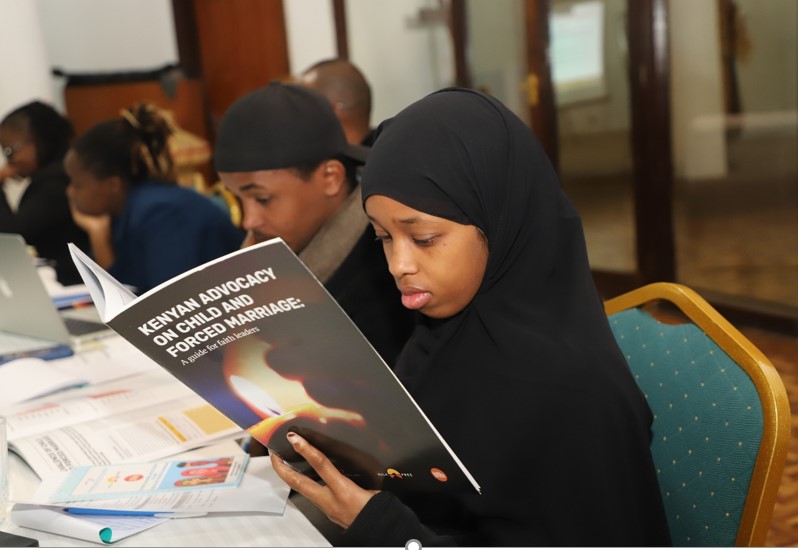
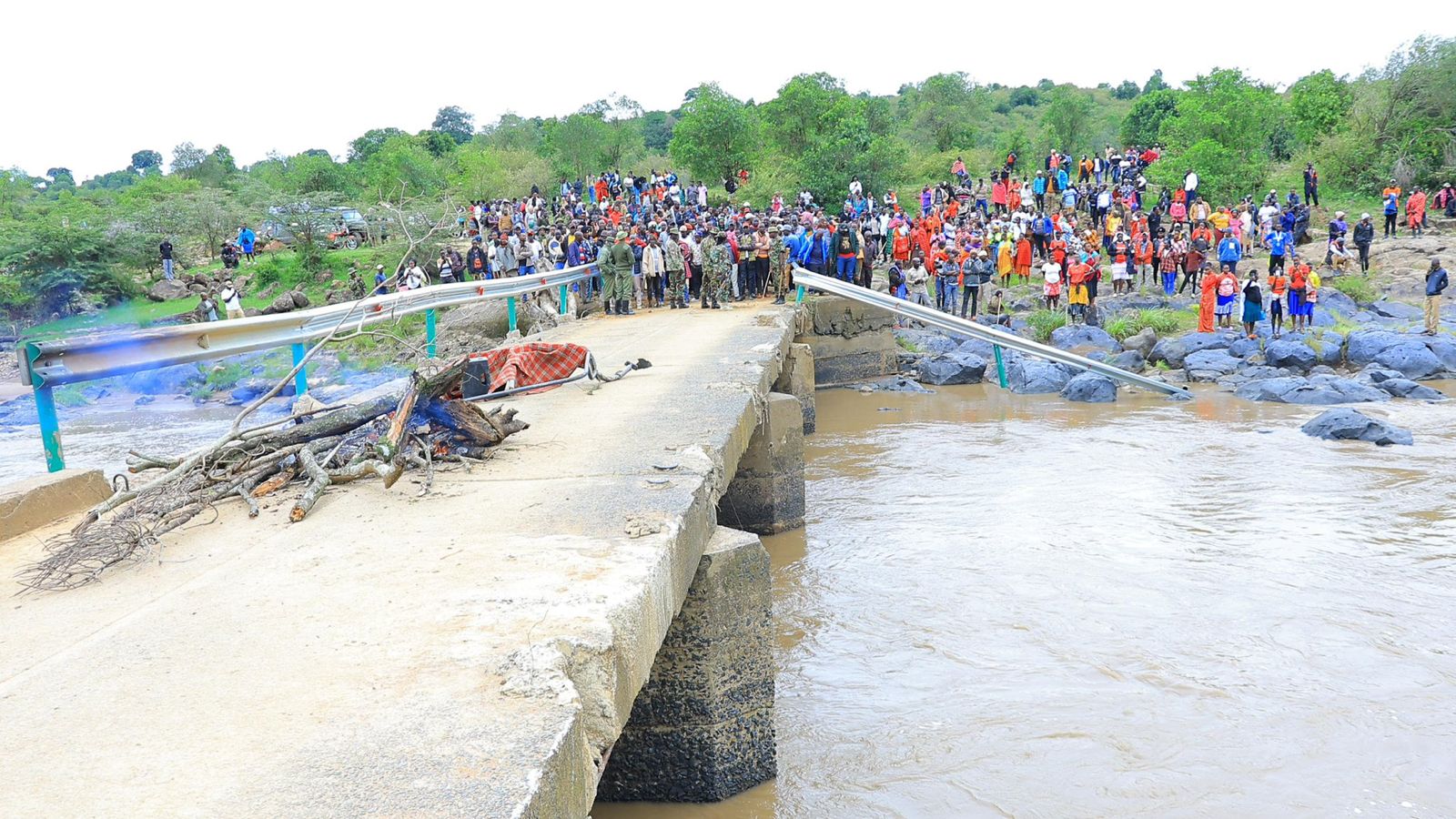
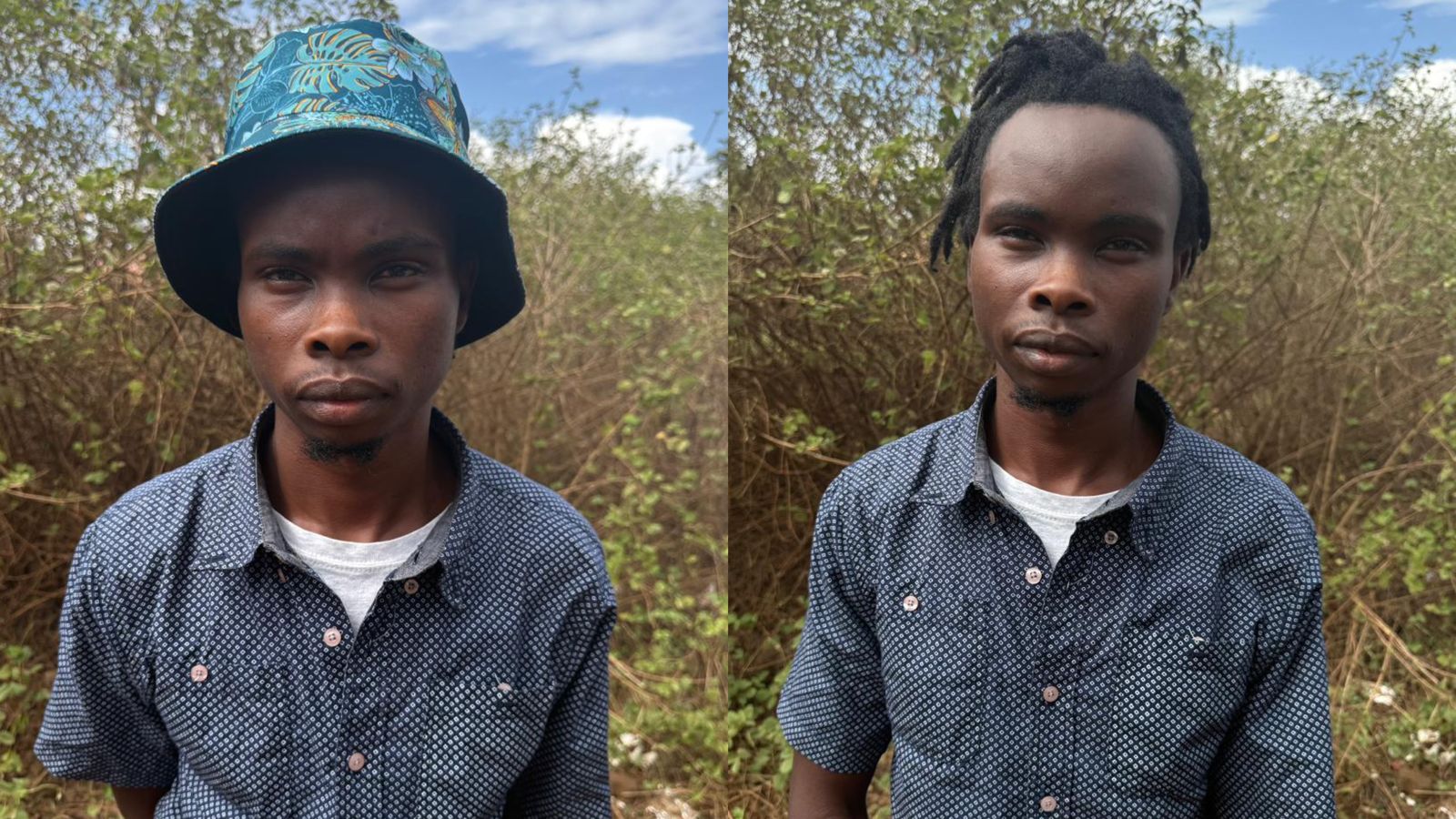
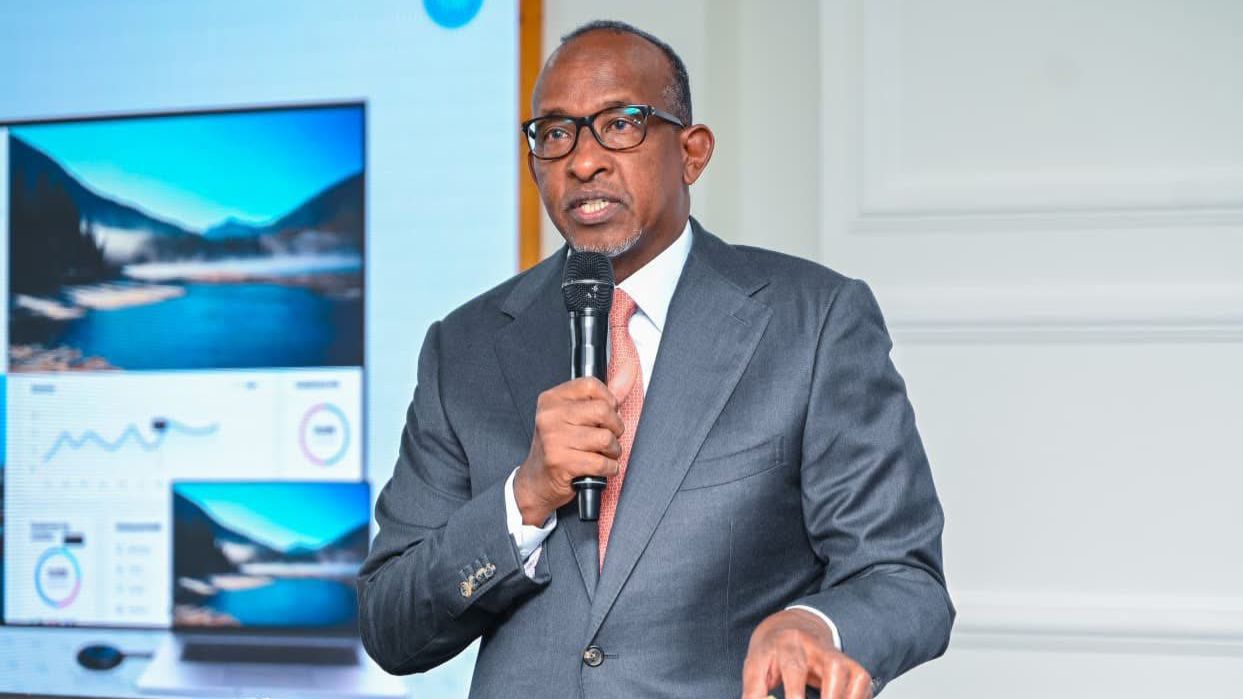
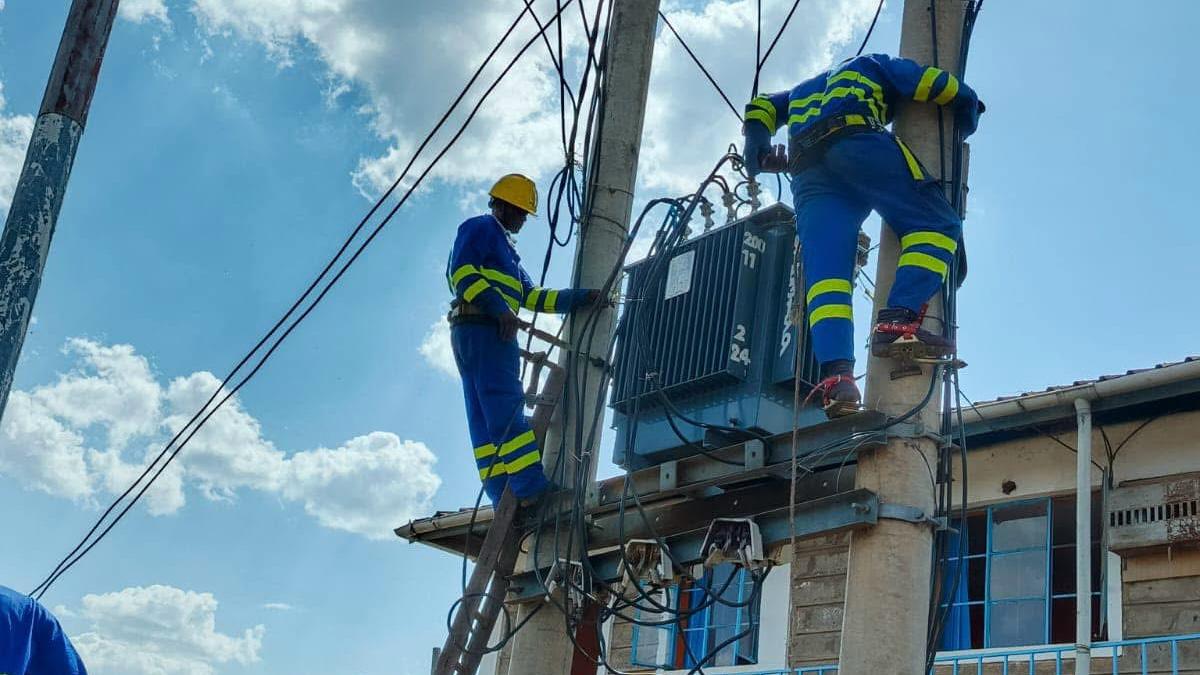
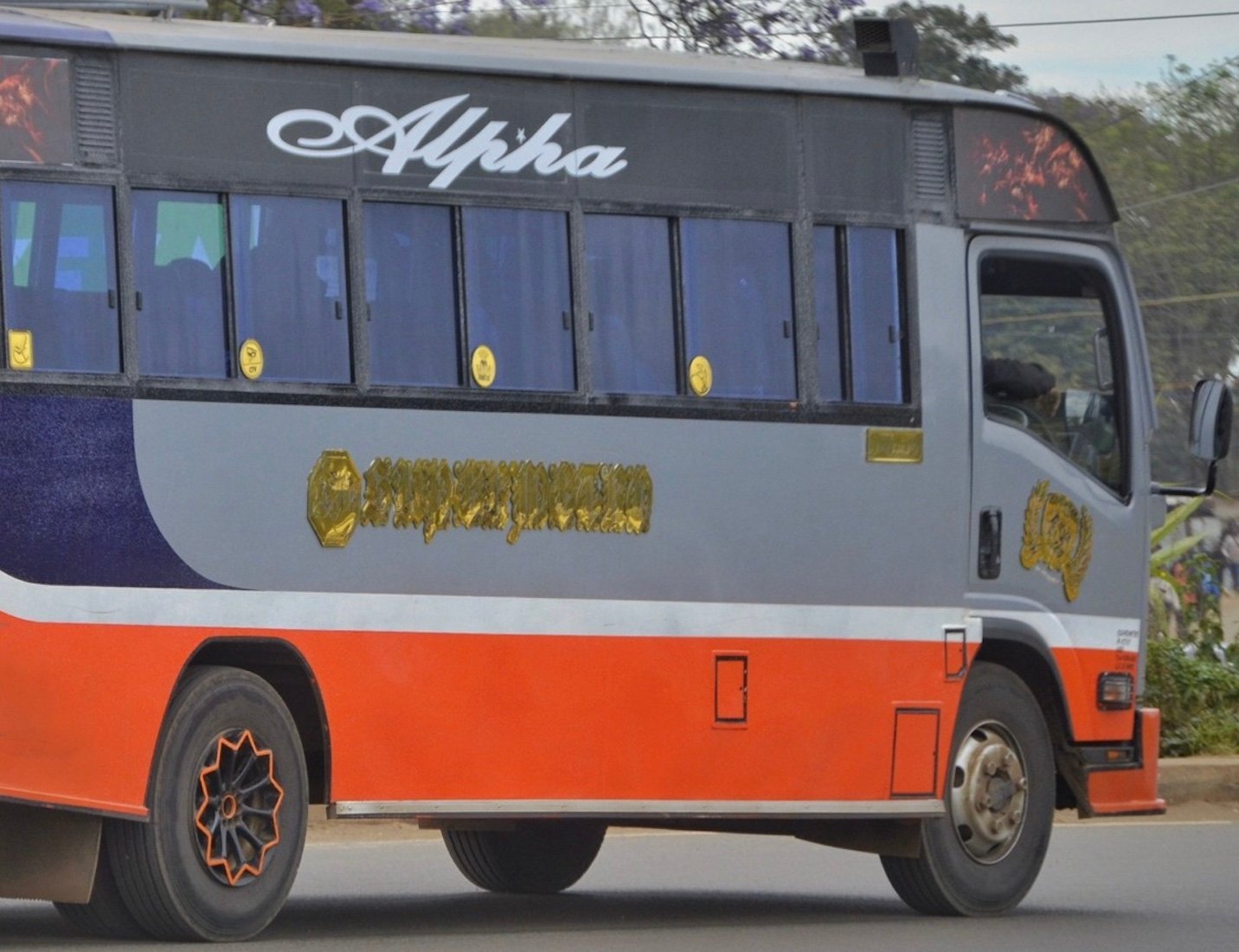

-1772106339.png)